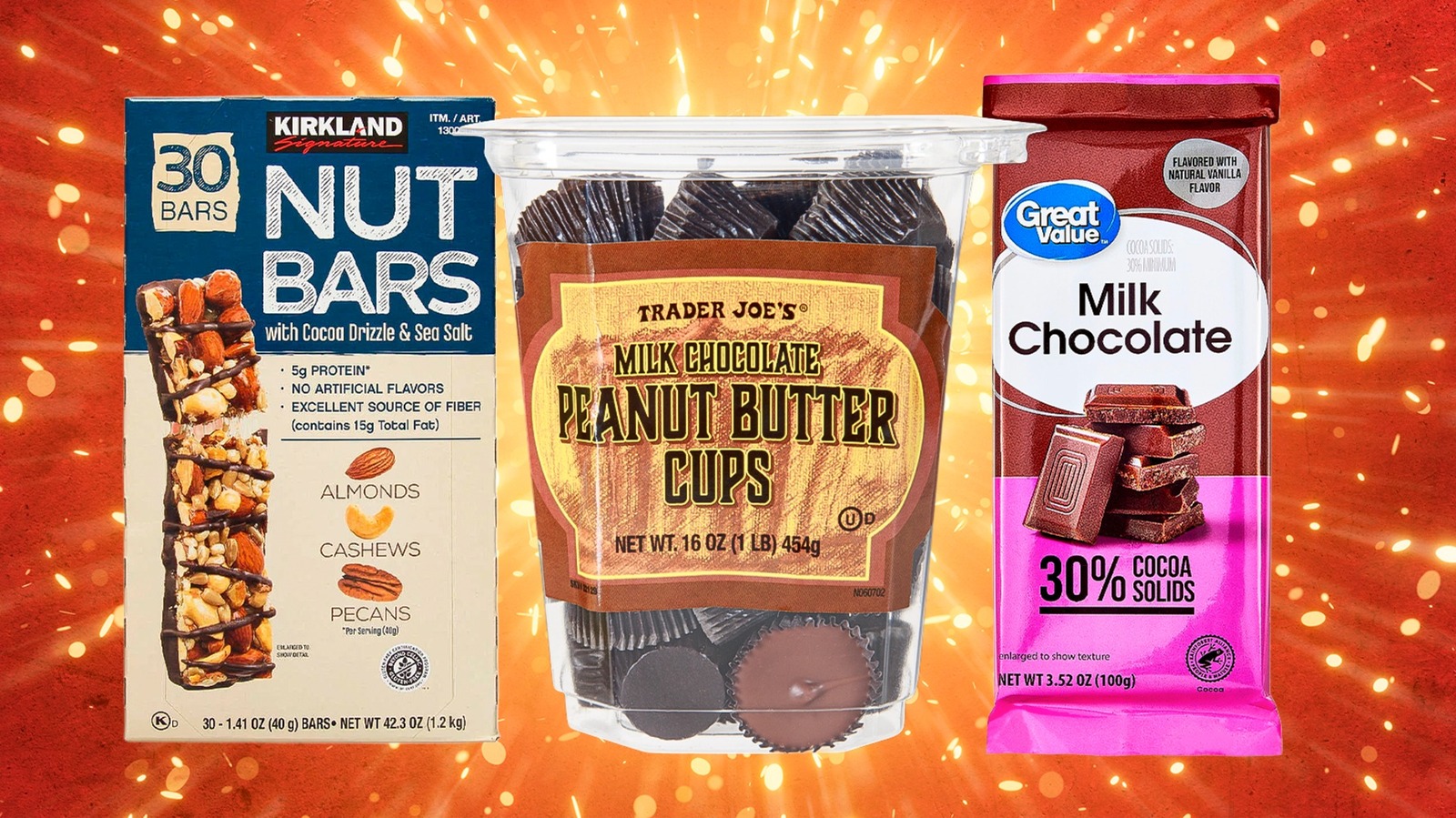
"It's no secret that many grocery stores have been expanding and improving their private-label brands for years, but the numbers themselves are pretty shocking. Back in 2021, the market saw about a $2 billion increase in the sales of products unique to particular grocery stores, and that's just scratching the surface. Fast forward to 2025, and the private-label section of the industry was worth a whopping $271 billion, and there's no signs of stopping."
"The rising popularity of store brands is a fascinating thing, as it wasn't long ago that buying store-brand products meant you were compromising on quality in a big way, all for getting a cheaper product. Generic products have been huge during times of economic recession, but starting in the 1990s, something interesting happened. Grocery stores started improving products, then marketing private-label goods as exclusive offerings instead of budget ones. Secrecy around sourcing and manufacturers added a layer of mystique,"
Private-label grocery brands expanded rapidly, increasing sales by about $2 billion in 2021 and reaching $271 billion by 2025. Store brands transitioned from inexpensive, lower-quality generics into improved, exclusive offerings beginning in the 1990s. Retailers improved product formulations and used marketing and secrecy around sourcing to create mystique and perceived value. Consumers responded by forming devoted followings, stocking favorites, trading buying tips, and sharing limited-edition finds on social media. Shoppers try to identify the manufacturers behind private-label items and react strongly to changes in recipes. Some private-label brands, such as Costco's Kirkland Signature, attract passionate loyalty comparable to pop-culture fandom.
Read at Tasting Table
Unable to calculate read time
Collection
[
|
...
]